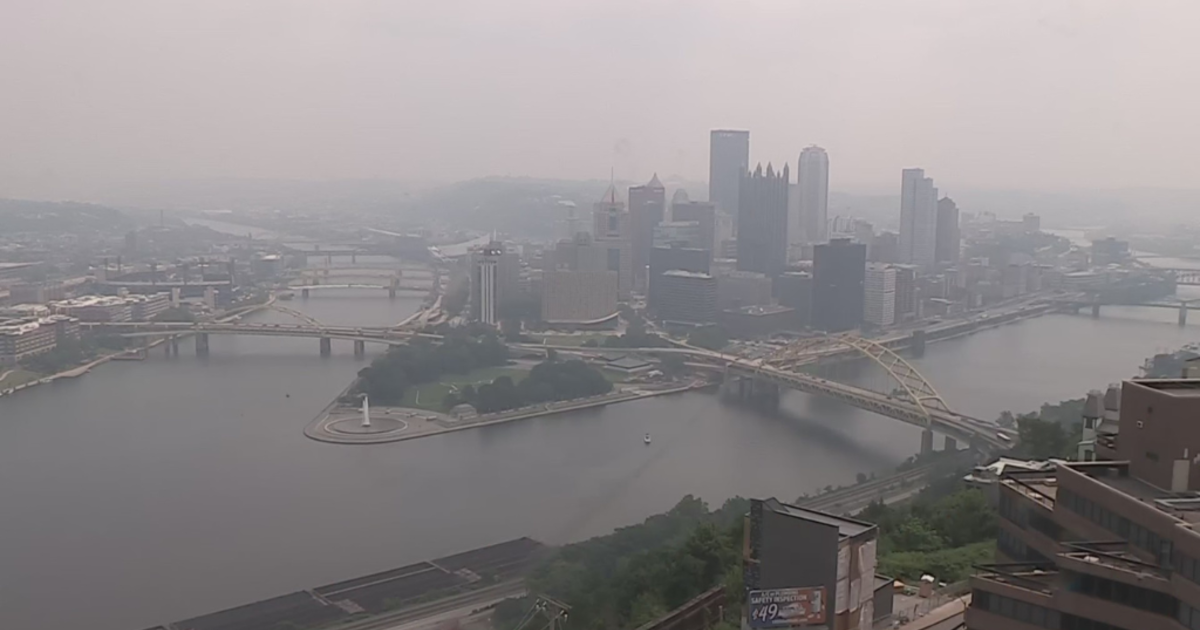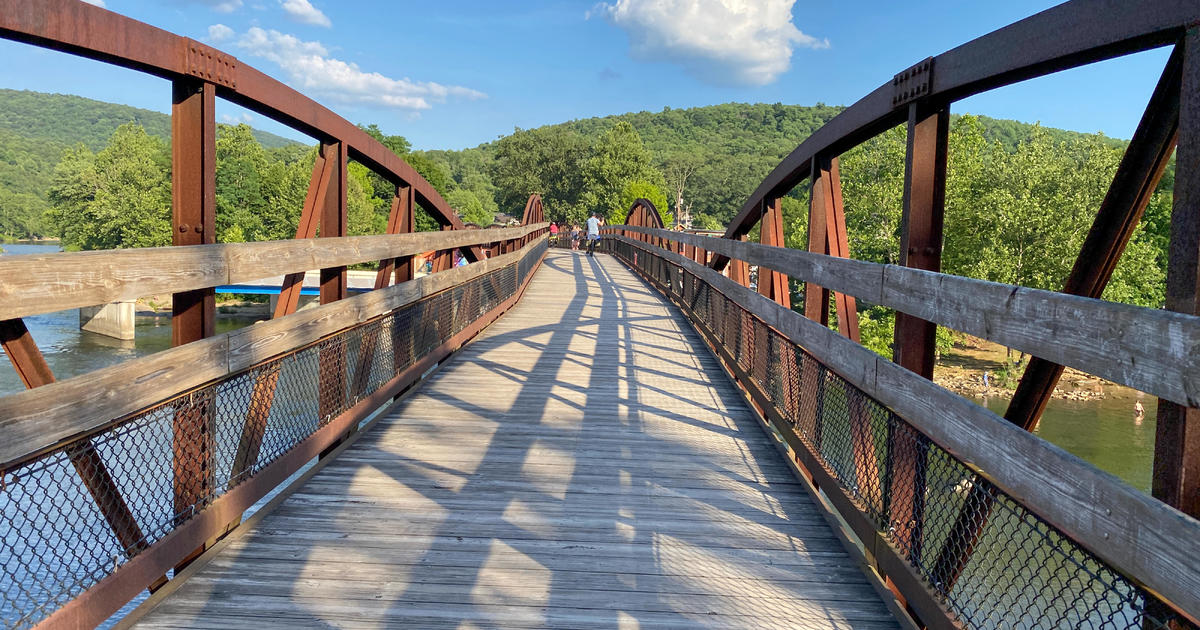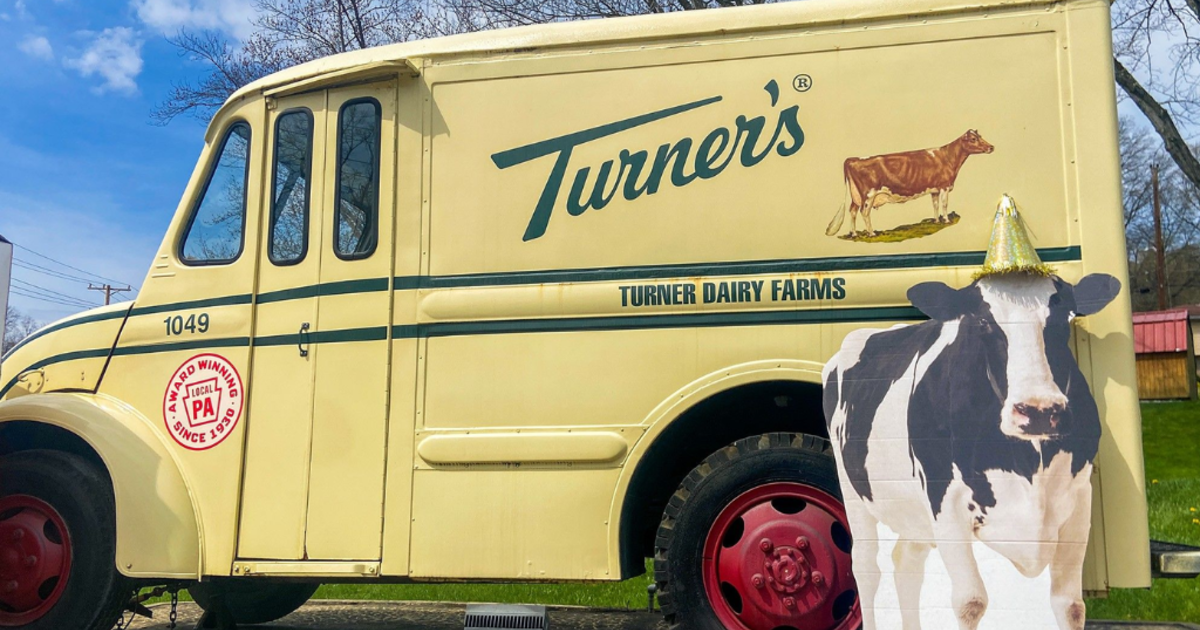COVID-19 In Pennsylvania: Travelers Required To Test Negative Before Traveling To State Or Quarantine For 14 Days
PITTSBURGH (KDKA/AP) - Pennsylvania Health Secretary Dr. Rachel Levine announced targeted efforts to stem the surge of new coronavirus cases Tuesday.
"There is now aggressive, unrelenting, expanding, broad community spread across the country," Dr. Levine says.
Among the new efforts aimed at slowing the spread, Dr. Levine issued orders on out-of-state travel and mask-wearing.
Anyone who visits from another state is required to have a negative COVID-19 test within 72 hours of entering the state. If they can't or choose not to get a test, or they're still waiting on results, they have to quarantine for 14 days.
The same goes for Pennsylvanians visiting other states. They're required to get a test 72 hours prior to returning or they have to quarantine for 14 days.
"We really want people to stay at home, to stay within their household, and not to travel," says Dr. Levine. "For example, to do a lot of traveling to see friends and family during the Thanksgiving holiday."
This order doesn't apply to people who commute to and from another state for work. It goes into effect on Friday, Nov. 20.
RELATED STORIES:
- Experts Warn They Can't Control The Virus' Spread If People Don't Answer Contact Tracing Questions
- Following Coronavirus Mitigation Efforts Is 'More Important Than Ever,' Gov. Tom Wolf Says
- 'We Have No Plans To Go Back To Red, Yellow, Green,' Health Secretary Dr. Rachel Levine Says
As for masks, they're now required to be worn indoors and outdoors if you're away from home.
If you're outdoors and can't socially distance from someone who doesn't live in your household, you have to wear a mask. If you're indoors, masks will be required even if you are physically distant from people who don't live in your household.
When asked if the orders were empty rhetoric, Dr. Levine says "absolutely not," adding, "in the end, people will have the consequences of their actions."
Unlike states like New York, which has threatened large fines for violators, compliance will largely be on the honor system since the state has no plans for enforcement or penalty.
"You know, we all are blessed to have freedoms in our country but with freedom comes responsibility, and right now that means following these orders and guidance in terms of stopping the spread of a COVID-19 in Pennsylvania," says Levine.
She also says as secretary of health, she has the authority to enforce isolation and quarantines.
"We're looking to take people to court to be able to do that, but I do have that authority," says Dr. Levine. "And so we cannot check every car driving into Pennsylvania and we have no plans to check everybody coming off every airplane in Pennsylvania. We are stating what our orders are and we want to communicate that we expect that people will comply."
Also announced Tuesday were guidelines for hospitals and recommendations for colleges to implement a testing plan for students returning to class after the holidays.
Citing modeling from the University of Washington, Levine said Pennsylvania's health systems now run the risk of running out of intensive care beds in December. She's asking they schedule elective surgeries now and render mutual aid in the event of a surge.
Like the rest of the nation, Pennsylvania has seen coronavirus infections explode in recent weeks. The state is reporting more than 5,000 new infections per day, up more than 115% in just two weeks, and hospitalizations and the percentage of tests coming back positive are up sharply.
Statewide percent positivity for last week is at 9.6%, compared to 6.9% the week before. Sixty-two of the 67 counties have positivity rates above 5%, including Allegheny County, which stands at 7.7%.
Deaths are on the rise as well. So far 9,355 people have died.
Governors and mayors around the country have been tightening restrictions in response to the worsening pandemic. On Monday, Philadelphia said it would ban indoor gatherings and indoor dining and shutter casinos, gyms, museums and libraries.
Pennsylvania already has a statewide mask mandate, limits on indoor and outdoor gatherings and occupancy restrictions at bars and restaurants.
Dr. Levine said Monday this "significant" fall resurgence is happening in part because the colder weather is driving people inside, where respiratory viruses like COVID are spread more easily.
(TM and © Copyright 2020 CBS Broadcasting Inc. All Rights Reserved. This material may not be published, broadcast, rewritten, or redistributed. The Associated Press contributed to this report.)



